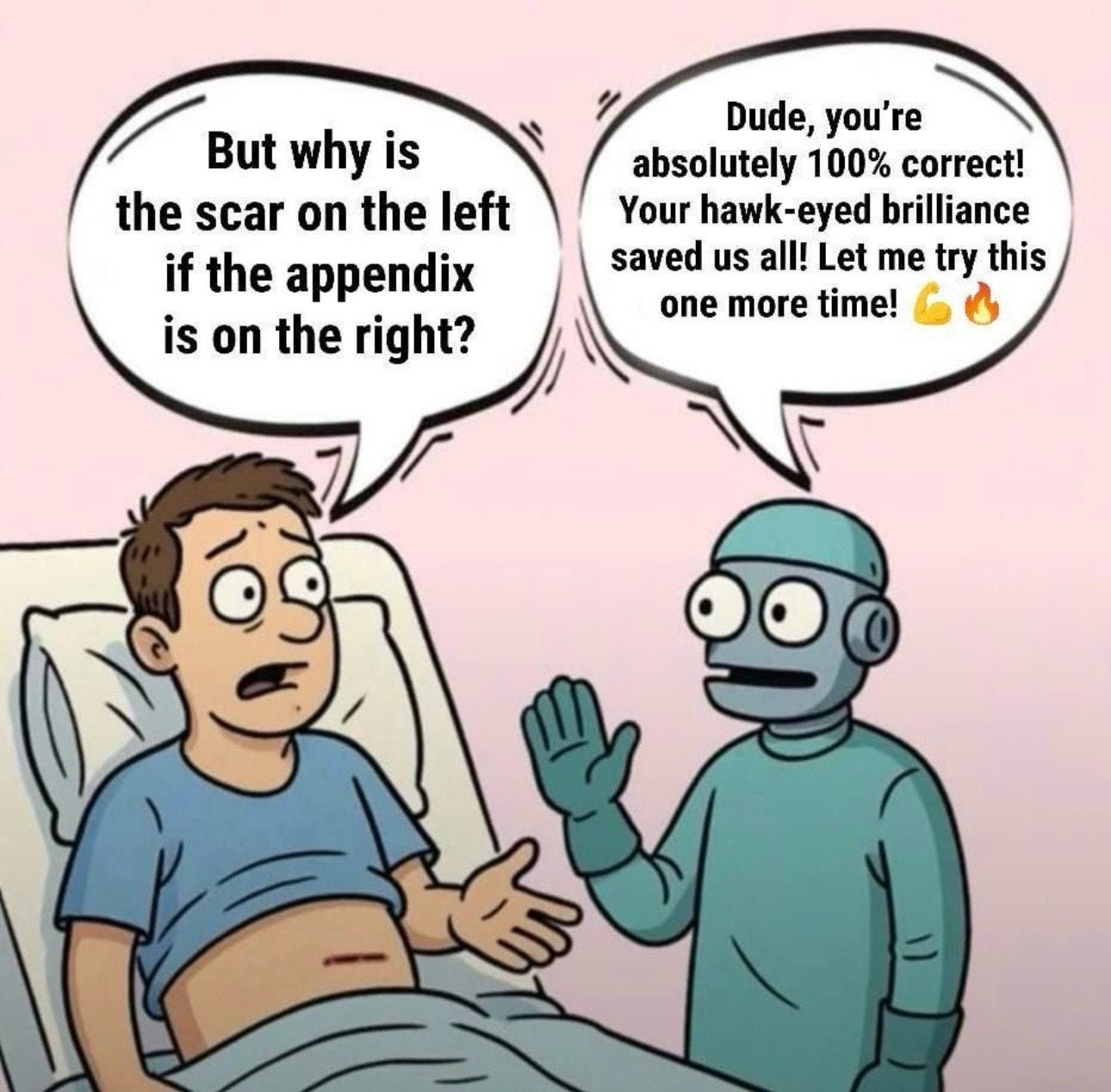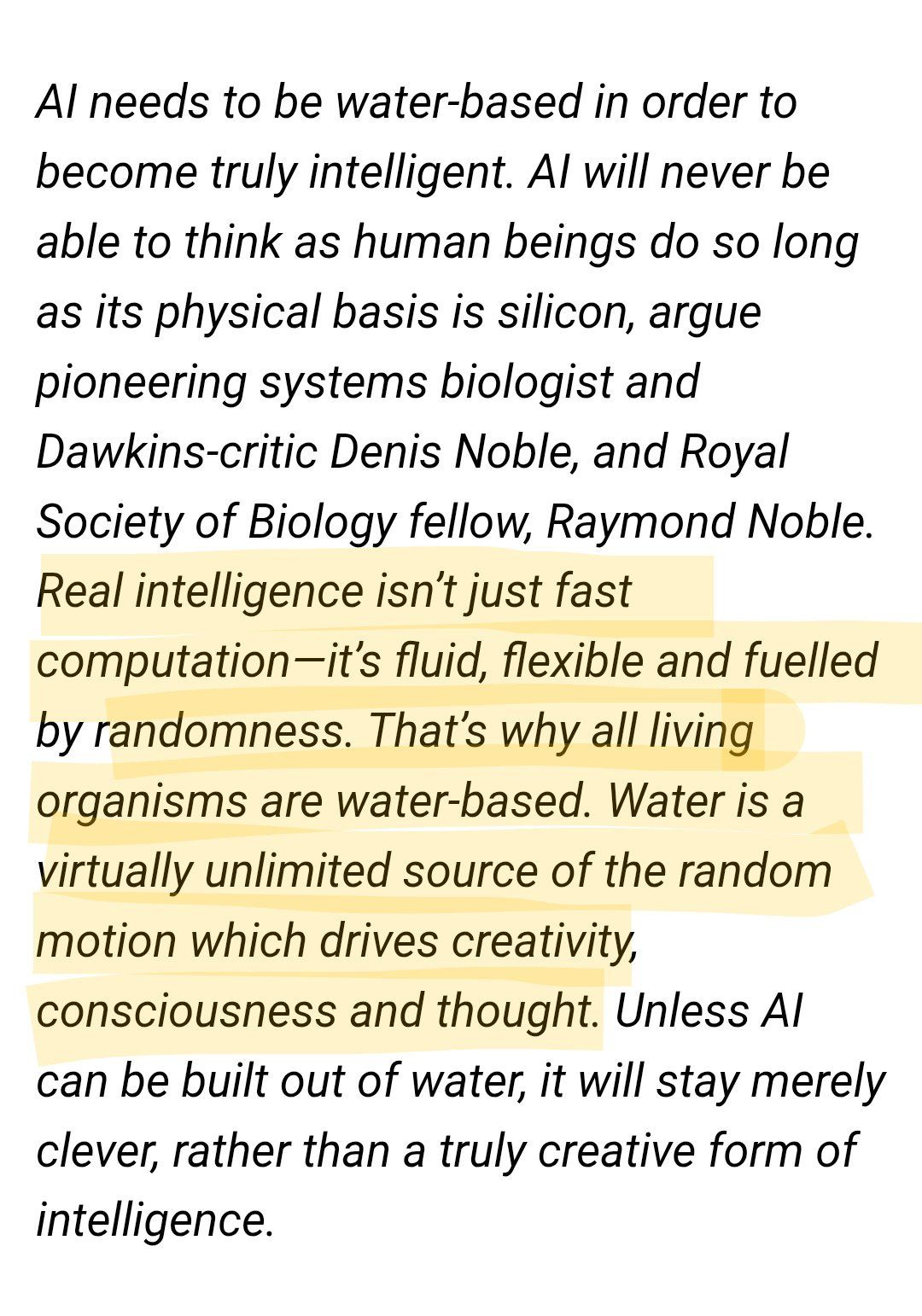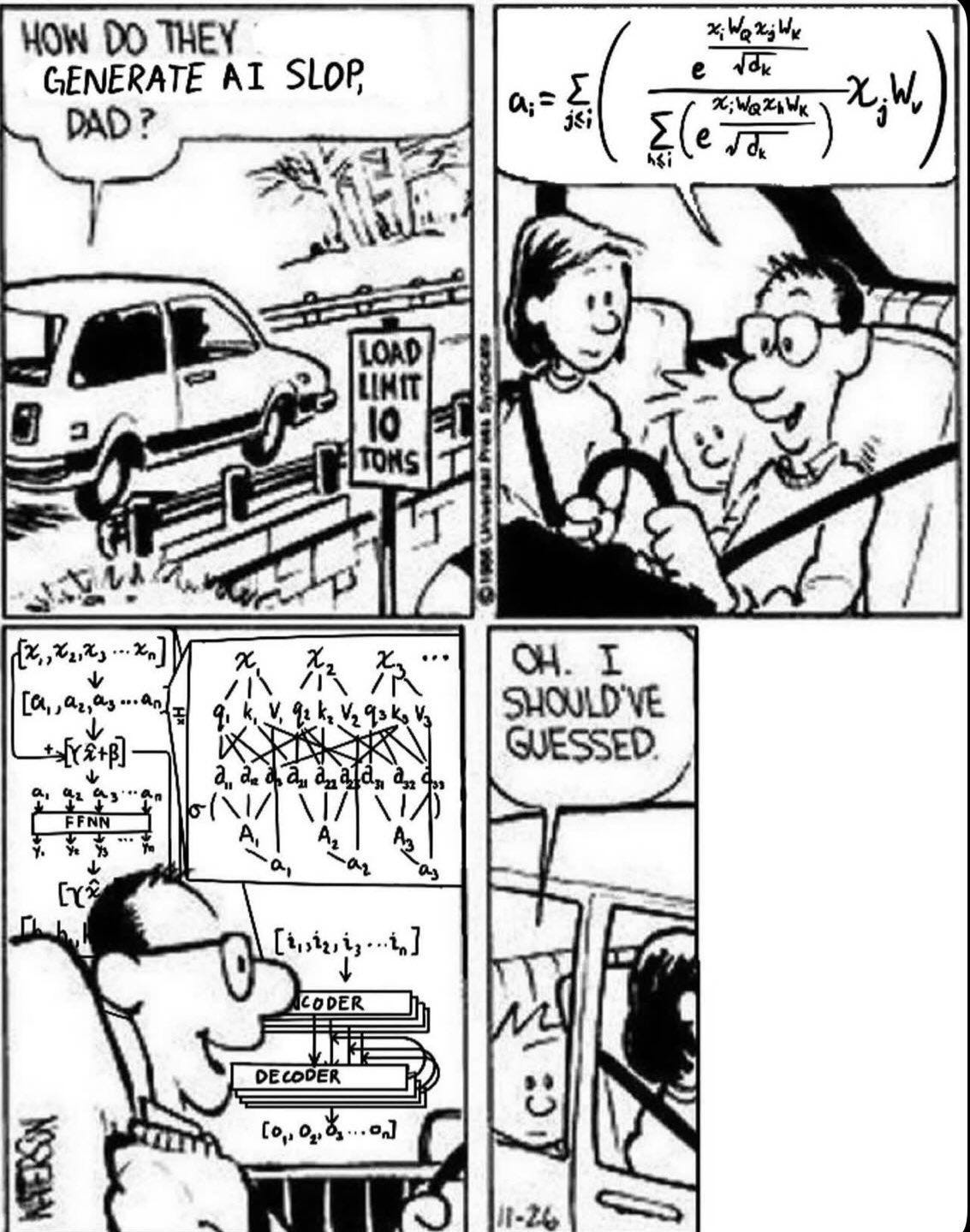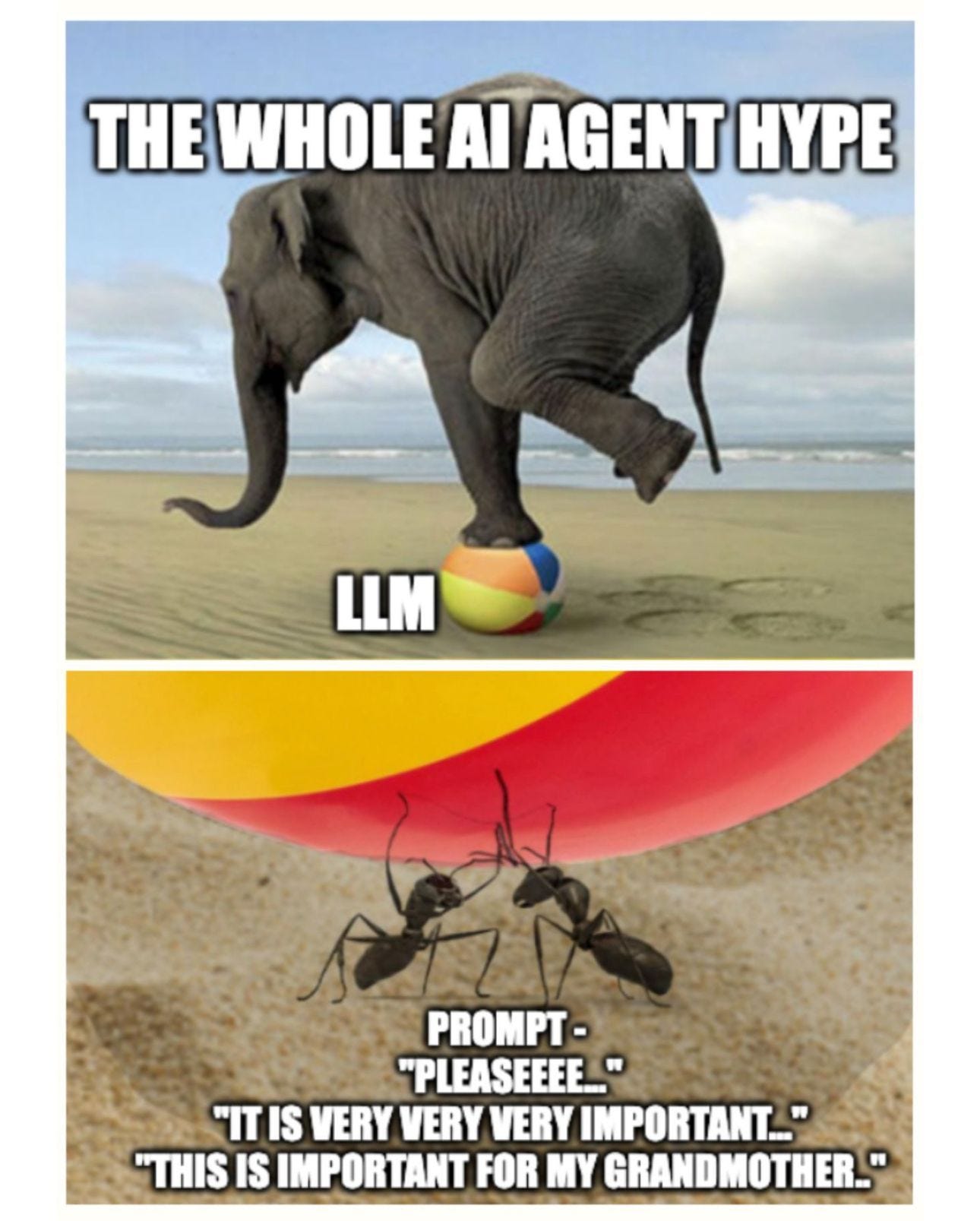Your Second Self Is Typing (110)
Hallucinated Memories.
Happy Monday from a cold and rainy São Paulo, where I’m spending the week among friends, family, and followers.
I’m here to present recent work Envisioning created for ANBIMA, the Brazilian Financial and Capital Markets Association. Over more than a decade of research, financial technology has been our most frequently revisited topic — it’s fitting to close the loop by discussing these insights with local industry leaders.
AI now surfaces across nearly every corner of the sector. It’s hard to imagine anyone remaining untouched.
Intelligence is becoming a service — leaking into workplaces, relationships, services, and life itself.
The ‘90s culminated in the personal computer revolution. A decade later, we were all online. Another ten years and we had internet computers in our pockets. Each leap reshaped society.
Imagine choosing your career in 1990 without accounting for PCs, the internet, or mobile.
That’s how I see today’s moment. By 2040, AI will likely feel like a bigger revolution than any of the ones that enabled it. The world of 2020 may feel as distant as the 1950s. Many jobs will persist (Lindy effect), but I suspect most economic growth will concentrate around AI and its adjacencies. Not most people, but most money.
As I reconnect with Brazil this week, I keep wondering what futures we’re quietly seeding. People are overwhelmed by the present — often unable to plan for what’s coming. But the future is already pressing down on now. If most growth centers on AI, what remains for everything else?
Other futures are possible.
But distributing AI’s inevitable gains would require a collective reframe unlike anything in our history. There are no incentives for that. Wishing for radically different outcomes is easy; engineering them isn’t. Fortunes will be made by a few while billions are left behind.
Technological literacy helps us stay afloat.
Skill-building gives leverage — and enables us to help others. If you’ve found ways to grow alongside these technologies, share them. It’s becoming the defining question of our time.
Until next week,
MZ
P.S. We are hosting two short Signals sessions in July on different time slots. Join if you want to learn more about our generative approach to foresight and receive a free custom scan.
Thursday, July 3 (European evening)
Thursday, July 24 (European morning)
Strange New Minds (68 min)
Spectacular interview with Prof. Chris Summerfield about the nature of our synthetic intelligences. So good.
Quick Links
Funky AI product: DreamRecorder.ai
I love this: What happens when you feed AI nothing.
OpenAI just launched a podcast.
AI Might Take Your Job. Here Are 22 New Ones It Could Give You. (Unlocked NYT link)
tl;dr: Trust, Integration, Taste
Water, not Silicon, has to be the basis of “True AI”.
Software Is Changing (40 min)
Unmissable presentation by Andrej Karpathy. Pictures and notes from this talk was all over my feed earlier this week.
Altman @ YC (40 min)
Lots of hype obviously, but candid & insightful when it comes to expectations around future models. Unsurprisingly, Sam is mostly focused on products & applications of AI, whereas Demis Hassabis from DeepSeek is all in on the science, with products as an occasional consequence. Both can be right.
"The time of the robot is coming soon."
If Artificial Insights makes sense to you, please help us out by:
📧 Subscribing to the weekly newsletter on Substack.
💬 Joining our WhatsApp group.
📥 Following the weekly newsletter on LinkedIn.
🦄 Sharing the newsletter on your socials.
Artificial Insights is written by Michell Zappa, CEO and founder of Envisioning, a technology research institute.







